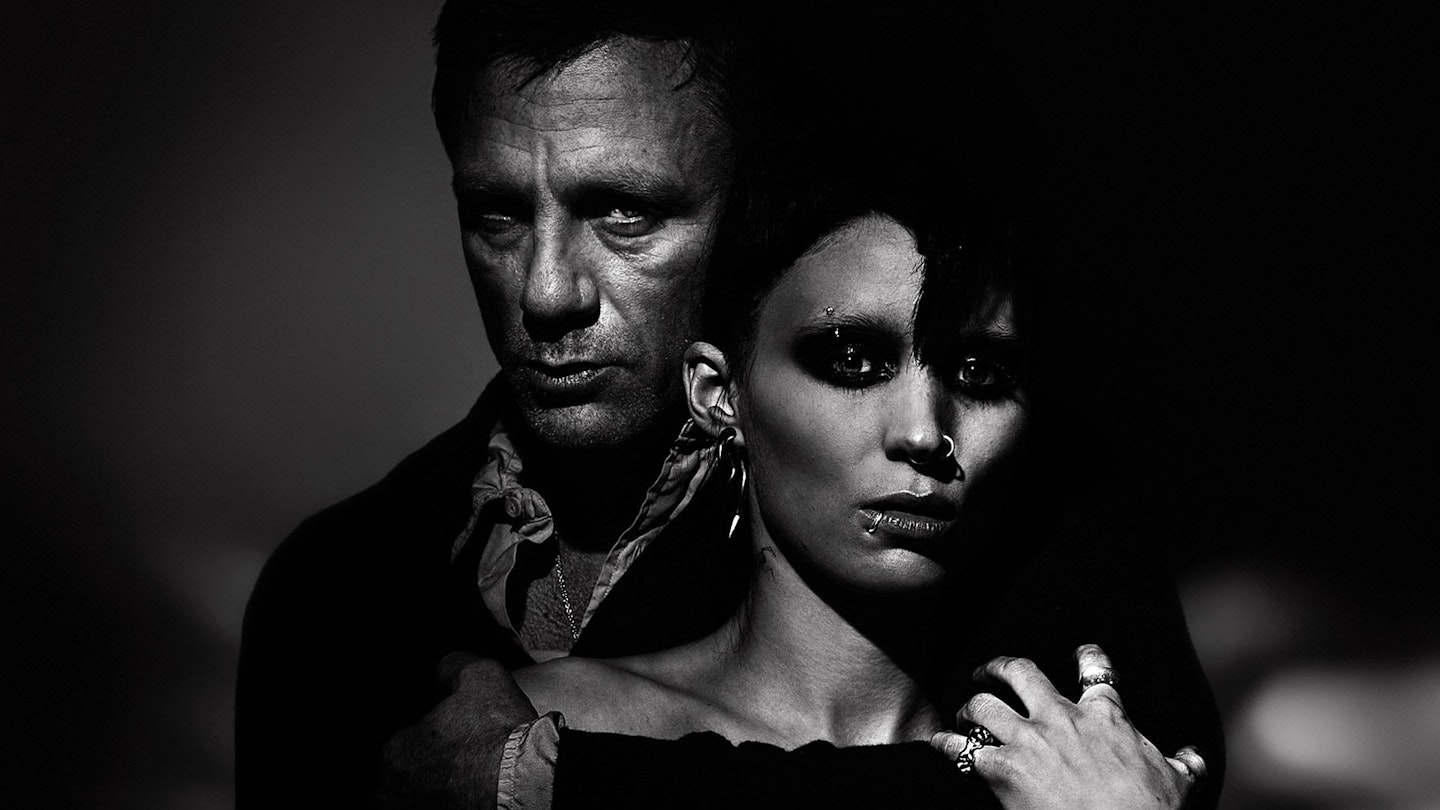This epic-length Swedish thriller, based on the first of a trilogy of international bestsellers by the late journalist Stieg Larsson, is a satisfying mix of mystery, detection, psychosis, weird romance and social criticism.
It takes its time with the separate stories of the protagonists: Mikael (Michael Nyqvist), a long-serving social campaigner working for a radical magazine (Millennium), is forced to cut loose from his circle so as not to drag them down after he has lost a dodgy-seeming libel case; while Lisbeth (Noomi Rapace), on probation thanks to a backstory crucial to later stories, has to cope with a sexually abusive social worker and her own simmering rage as she is intrigued against her will by the fact that she sees through part of a puzzle that has resisted solution for decades.
In Swedish fashion, it’s no big deal that the unlikely partners in detection have sex, but a huge thing when they finally hold hands. The eventual revelation of who the culprits are isn’t too surprising, but leads to an unusual moment with the hero in jeopardy in the killer’s torture room and the girl cast as the relentless rescuer and avenger of evils.
Lisbeth Salander — the Girl With The Dragon Tattoo — is already a major literary heroine, and the unusual-looking, intense Rapace (not as tiny as the girl in the books, but otherwise ideal) is liable to become an international star with this role (which she’s reprised in the two already-made follow-ups). The best Euro action heroine since Anne Parillaud’s Nikita and the most influential female thriller lead since Jodie Foster’s Clarice Starling, Lisbeth is an interesting mix of credibly screwed-up victim and resourceful superheroine — making good use of a stun-gun, a dildo, a tattoo needle and a golf club in kicking against the pricks.
The Swedish title (Män Som Hatar Kvinnor/Men Who Hate Women) hints at the sin that binds the villains together, and there’s a feeling for a pattern of entrenched misogyny and abuse that has wrought long-lasting social evils in the boardrooms, parliamentary lobbies and torture chambers where power is exercised at the expense of justice. But it’s also a good procedural mystery, with clues tracked down in old photographs and newspaper archives, and an exhilarating whodunnit strand as Mikael and Lisbeth not only uncover a 1950s serial killer in the Vanger family history, but pick up on traces left by the presumed-dead mystery girl whose Agatha Christie-like disappearance from a remote, inaccessible island has kicked off the plot.








